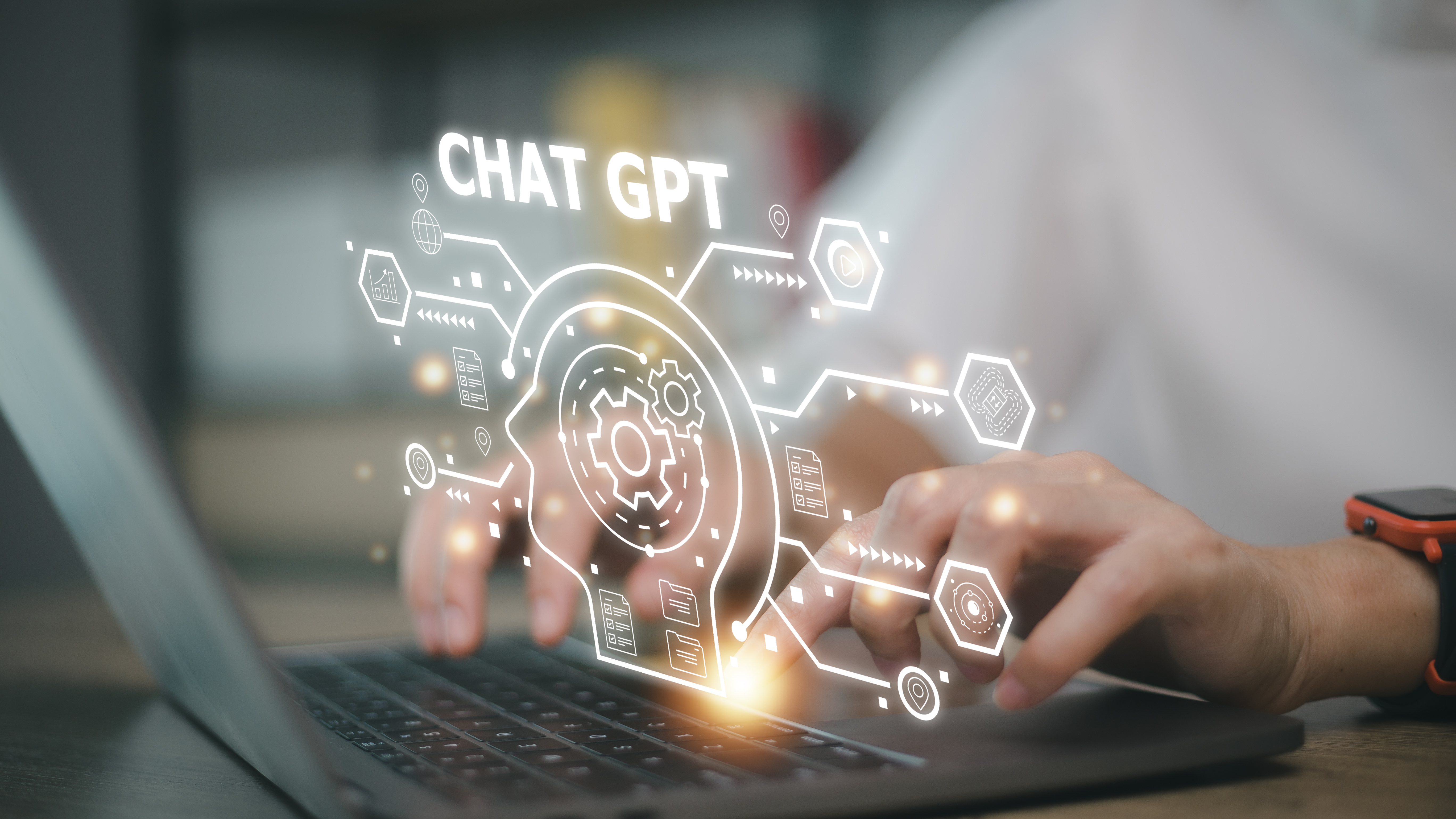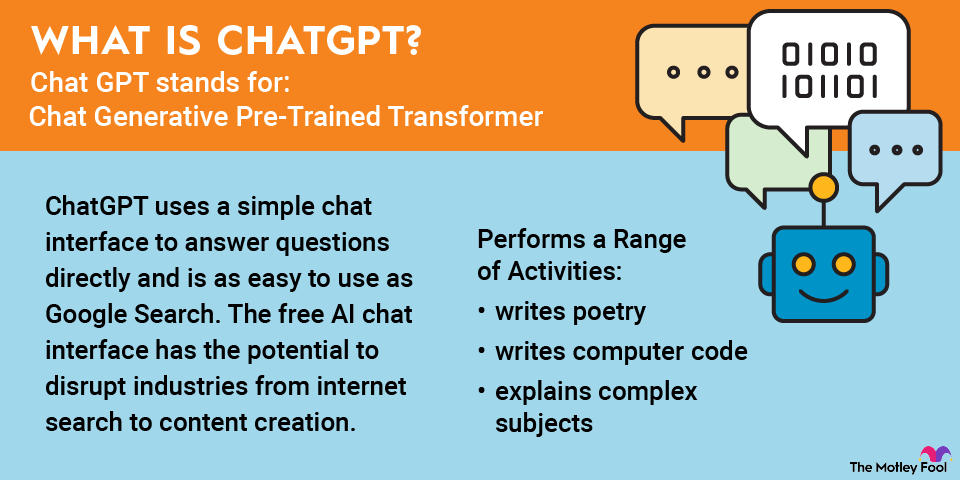If you're wondering who owns ChatGPT, you're in the right place. The transformative artificial intelligence (AI) chatbot has launched a new era of technology. Big tech companies, start-ups, and others are racing to harness the power of generative AI, first unveiled by ChatGPT.
Artificial Intelligence
ChatGPT was developed by OpenAI, an organization founded with the mission of ensuring that artificial general intelligence (AGI) benefits all of humanity. It was first made available to the public in November 2022.

However, the earliest version of the technology underpinning it, GPT-1 (an acronym for generative pre-trained transformer), was introduced in June 2018 and has evolved and improved over the years. OpenAI has also developed other generative AI products, but the company is best known for ChatGPT.
Who is the owner of ChatGPT?
ChatGPT is owned by OpenAI, which has a complicated organizational structure. The start-up was founded as a nonprofit but discovered the model was unsustainable for funding its research. In 2019, it created OpenAI LP, a "capped-profit" company it described as a hybrid between a for-profit and nonprofit company.
At the time, the company also said that running large-scale AI systems required significant computational power, and it realized it needed "billions of dollars to invest in the upcoming years into large-scale cloud comput[ing], attracting and retaining talented people, and building AI supercomputers."
That was the same year Microsoft (MSFT +0.56%) first invested in the company. Microsoft has been its primary benefactor since then, investing an estimated $13 billion in OpenAI, with a percentage of its investment coming in the form of computing power from its Azure cloud computing service.
However, the relationship between Microsoft and OpenAI is also complicated. In a statement in December 2023, Microsoft said it doesn't own any portion of OpenAI and is just entitled to a share of profits.
Profit
Equity

If you are a high-net-worth individual, you may be able to invest directly in OpenAI through a VC firm. However, you will need to be an accredited investor. Due to its unique corporate structure, OpenAI is unlikely to go public anytime soon. Yet, the VC firms that have invested in it will eventually want an exit, either through an acquisition or an initial public offering (IPO).
FAQ
About the Author
Randi Zuckerberg, a former director of market development and spokeswoman for Facebook and sister to Meta Platforms CEO Mark Zuckerberg, is a member of The Motley Fool's board of directors. Jeremy Bowman has positions in Meta Platforms, PayPal, and Shopify. The Motley Fool has positions in and recommends Meta Platforms, Microsoft, Palantir Technologies, PayPal, Pfizer, Salesforce, Shopify, and Tesla. The Motley Fool recommends the following options: long January 2026 $395 calls on Microsoft, short January 2026 $405 calls on Microsoft, and short June 2024 $67.50 calls on PayPal. The Motley Fool has a disclosure policy.



















